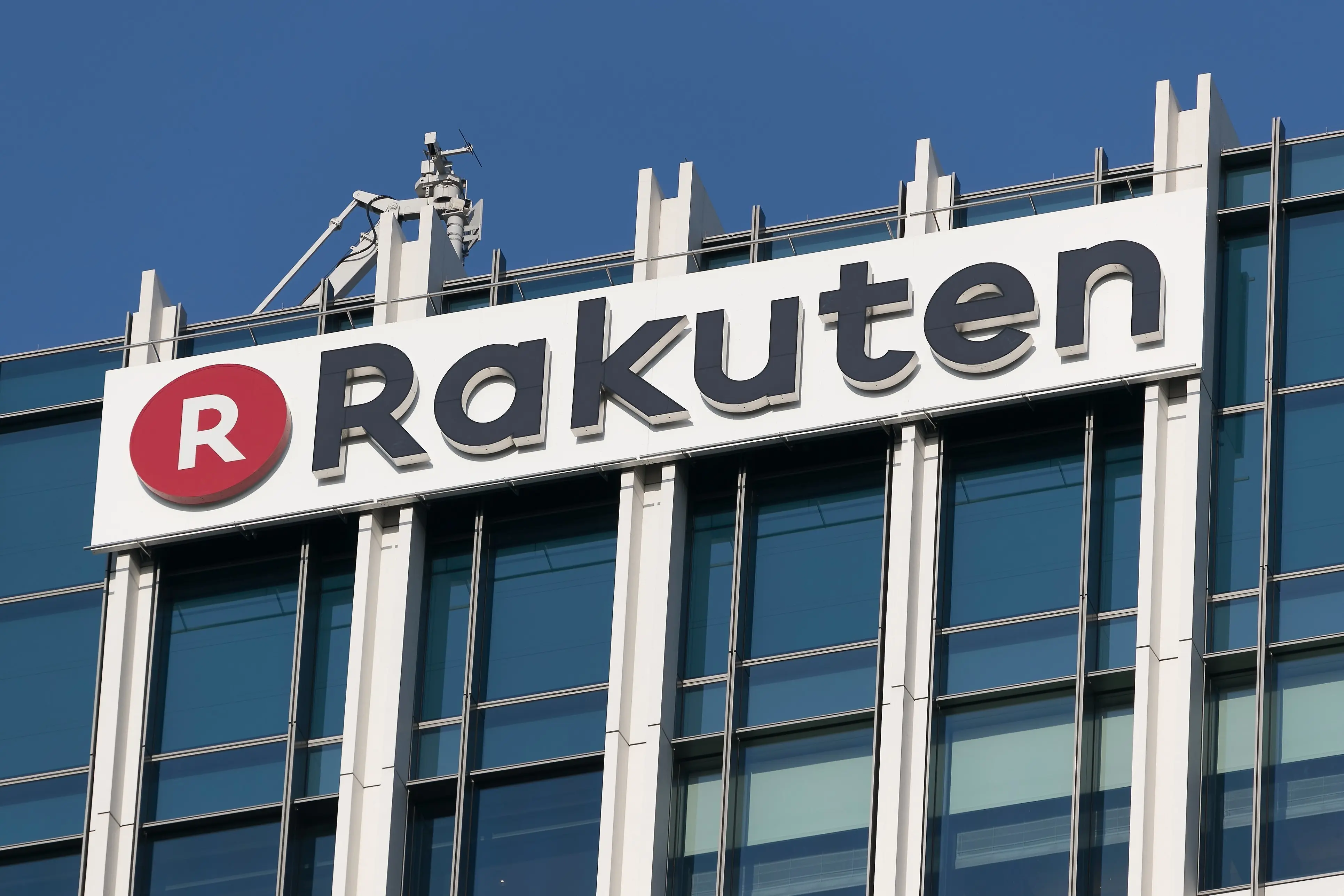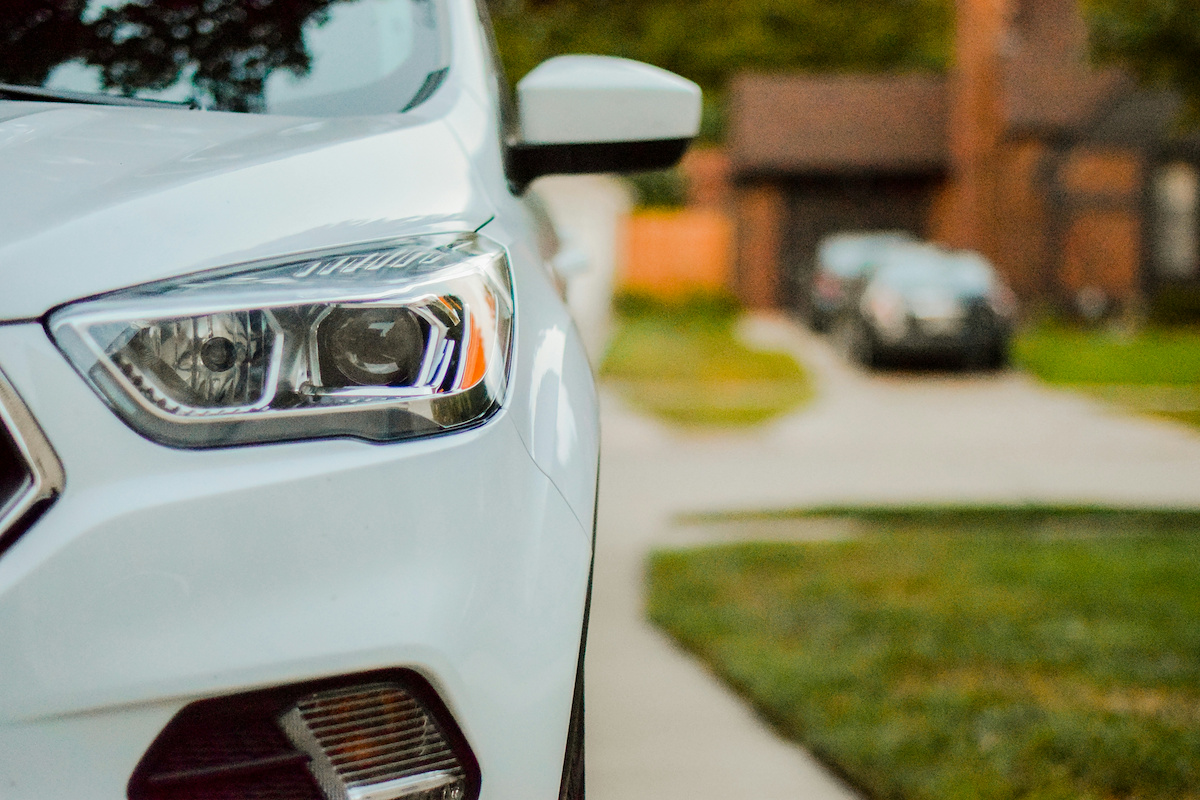
Kudos has partnered with CardRatings and Red Ventures for our coverage of credit card products. Kudos, CardRatings, and Red Ventures may receive a commission from card issuers. Kudos may receive commission from card issuers. Some of the card offers that appear on Kudos are from advertisers and may impact how and where card products appear on the site. Kudos tries to include as many card companies and offers as we are aware of, including offers from issuers that don't pay us, but we may not cover all card companies or all available card offers. You don't have to use our links, but we're grateful when you do!
Commercial Umbrella Insurance Cost & How to Get the Best Coverage (2025)
July 1, 2025


How much will a commercial umbrella insurance policy set you back, and how can you secure the best deal? The good news for 2025: Commercial umbrella insurance is generally affordable for the amount of extra protection it provides.
In this article, we’ll break down the average costs for small businesses, the factors that influence your premium, and smart tips on how to get the best coverage (at the best price). We’ll also walk through the process of obtaining a policy and highlight some top providers offering umbrella coverage.
How Much Does Commercial Umbrella Insurance Cost?
On average, a $1 million commercial umbrella policy costs about $75 per month (around $900 per year) for small businesses.The cost typically scales with coverage: insurers often price umbrella policies in $1 million increments. In practice, the cost per million tends to decrease as you buy higher limits – the second million is usually cheaper than the first, and so on, because the likelihood of needing those higher layers is lower.
It’s also worth noting that commercial umbrella insurance is more expensive than personal umbrella insurance (which can be as low as $150-$300/year for $1M for an individual). That’s because business risks are often greater. But as far as business insurance goes, umbrella coverage gives a lot of bang for your buck in liability protection.
Factors That Affect Your Umbrella Premium
Several key factors will determine whether your cost is on the low or high end of the average:
1. Industry and Risk Profile
Insurers will assess how risky your business operations are. A low-risk office-based business (e.g., an accounting firm) will typically pay less than a high-risk business (e.g., a construction company or a trucking company). If your industry has a history of large liability claims, expect higher premiums.
2. Business Size (Revenue and Employees)
Larger businesses or those with higher revenue often face higher premiums because more activity usually means more exposure. More employees can mean more chances for incidents, and higher revenue can sometimes correlate with being a bigger target for lawsuits. Some insurers use revenue or payroll bands to help set rates.
3. Claims History
If your business has had liability claims in the past, especially large ones, insurers may charge more for umbrella coverage (or possibly even decline coverage until those claims are far in the past). A clean claims history can help keep your premium low.
4. Underlying Policy Limits
Interestingly, the limits you carry on your underlying policies can affect umbrella cost. If you only carry the minimum required underlying limits, the umbrella kicks in sooner in a claim, which could increase risk. Some businesses choose to carry higher base limits (beyond the minimum) – while that costs more on the base policy, it might slightly reduce umbrella costs or make you more attractive to insurers.
5. Coverage Amount (Limit) Chosen
Obviously, a $5 million umbrella will cost more than a $1 million umbrella. But as noted, the incremental cost per million might diminish. It’s good to get quotes for a couple of different limit options to see the difference. Sometimes, doubling your coverage doesn’t double the premium – it might be a smaller jump, which could be worth it.
6. Location
Your state or region can impact cost due to legal environment. For example, some states are known “judicial hellholes” where lawsuit awards are high; insurers may charge more there. Also, if your business operates in multiple states or worldwide, that could adjust rates.
7. Insurance Carrier Differences
Each insurer has its own rating formula. Going to a specialty small-business insurer vs. a big national insurer might yield different quotes. That’s why shopping around (or using a broker) is important – you might find a much better rate with one company versus another for the same coverage.
Most small to mid-sized businesses can expect umbrella insurance to add a few hundred to a couple thousand dollars to their annual insurance costs. Considering that it buys you an extra million (or several million) in protection, that price is usually well justified.
How to Get a Commercial Umbrella Policy (and Tips for the Best Coverage)
Purchasing a commercial umbrella policy is not too difficult, but there are some tips and steps to follow:
1. Start with Your Current Insurance Provider(s)
The easiest path is often through whoever provides your current business insurance. Many insurers that offer general liability or business owner’s policies also offer umbrella coverage. In fact, some insurers only offer umbrella insurance if you have your primary policies with them.
The benefit of going with your existing insurer is continuity and sometimes multi-policy discounts. Contact your agent or insurer and ask for an umbrella quote. They’ll already have most of your info from your other policies, which streamlines the process.
2. Compare Quotes from Multiple Insurers
Even if you get a quote from your current company, it’s wise to compare. Use an independent insurance agent or broker, or an online service (like Insureon, TechInsurance, or others) to get quotes from different carriers. By providing basic info about your business (industry, location, revenue, number of employees), you can often get multiple umbrella insurance quotes in minutes.
Comparing helps ensure you get a competitive rate. One insurer might have much better rates for your industry than another. Also, check if the quotes have the same requirements and terms (e.g., all require you to have $1M underlying coverage, etc., which is standard).
3. Check the Umbrella Policy’s Coverage Details
Not all umbrella policies are identical. Confirm what underlying policies it can cover – typically it will list general liability, employer’s liability (part of workers comp), and commercial auto at least. Some umbrella policies might also cover Product liability and other types if those are in place.
4. Ensure You Meet Underlying Requirements
When you purchase, the insurer will specify the minimum limits you must carry on base policies. Commonly: $1,000,000 per occurrence for GL, auto, and employer’s liability. If your current policies are lower (e.g., maybe your auto has only $500k limit), you’ll need to raise those limits.
Your agent will usually address this. It might adjust your overall insurance cost (because raising the base policy will cost a bit more too). But it’s necessary – if you don’t maintain those underlying limits and a claim happens, the umbrella might not pay for the portion below what the underlying should have been.
5. Consider Reputable Insurers
When shopping, look for insurers with strong financial ratings and a good track record in commercial insurance. Top providers of commercial umbrella insurance often include well-known companies like:
- The Hartford – known for small business insurance, offers umbrella policies (they describe umbrella as extra protection beyond other policy limits).
- Nationwide – a major insurer offering umbrella coverage (defines it similarly as covering costs beyond other liability limits).
- Travelers, Chubb, Liberty Mutual, Zurich – all big players that offer umbrella/excess liability solutions for businesses of various sizes.
- NEXT Insurance (often partnered via online quotes) – a newer small-biz focused insurer that offers umbrella policies, sometimes at competitive rates especially for certain professions.
- USAA (if you qualify) or other niche providers – USAA, for example, offers commercial umbrella to certain member businesses, and there are specialized insurers depending on your field.
Don’t hesitate to ask your broker which insurers they’re quoting and if those insurers are highly rated. Claims handling is crucial for umbrella (since when you need it, it’s a big claim), so you want a reliable insurer.
6. Finalize and Purchase
Once you’ve found the best quote and ensured it fits your needs, you can purchase the policy. The process usually involves filling out an application (which might be as simple as confirming info they already have, plus signing off). Umbrella policies are typically annual. After purchase, you’ll get an insurance certificate or endorsement that shows your umbrella coverage – useful if you need to prove insurance to clients or contracts.
7. Bundle and Save (Optional)
If possible, bundling your umbrella with your business owner’s policy or package might yield a discount. Some carriers give a break in premium if you have multiple policies. Also, bundling personal umbrella with commercial (through the same carrier) is usually not applicable since they’re separate lines, but consolidating business policies can help.
Tips to Save Money on Umbrella Insurance
While umbrella insurance is already relatively cost-effective, here are a few tips to potentially save even more on premiums:
1. Bundle with the Same Insurer
As mentioned, keeping your umbrella with the same insurer as your primary liability policies can sometimes earn you a package discount. Moreover, it avoids any disputes between insurers in a claim (one insurer handling both primary and umbrella can simplify claims handling).
2. Practice Good Risk Management
Insurers may price you better if they see you have safety measures in place. While you can’t directly show this to an underwriter easily, a clean claims history is evidence of good risk management. Avoiding frequent small claims on your primary insurance will make insurers more confident you won’t be tapping into the umbrella.
3. Ask About Discounts
It’s not common in business insurance to have obvious discounts like in personal auto (“good driver”, etc.), but it doesn’t hurt to ask your agent or insurer if there are any credits applicable. Some carriers might offer a credit if you’ve been claim-free for X years, or if your entire leadership team took a certain safety training, etc. These are not standard, but agents sometimes have leeway to apply credits.
4. Choose the Right Coverage Amount
Don’t under-buy coverage to save money (that defeats the purpose of insurance), but also buy what you realistically need. If you’re torn between $3M and $10M and the higher end is straining your budget, remind yourself of your actual risk profile. Most small businesses won’t need $10M unless required by a contract or very high risk operations.
5. Shop Around Periodically
The insurance market can change year to year. It’s good practice to check rates every couple of years. If your premium jumps or if you’ve been with one insurer a while, getting fresh quotes might find you a better deal. Just ensure you’re comparing apples to apples in coverage.

As you optimize your insurance, don’t forget personal insurance savings too. Kudos simplifies comparing auto insurance rates, quickly finding the best rate tailored for you – for free. Saving on necessary policies like auto or home can free up budget to invest in robust business protections like umbrella coverage.
Putting It All Together: Maximizing Your Coverage
Once you have your commercial umbrella policy in place, you’ve significantly boosted your safety net. Make sure to:
- Keep your underlying policies active and updated. If anything changes (like you switch your primary insurer or adjust a limit), inform your umbrella insurer.
- Review annually. As your business grows, revisit if you need to increase the umbrella limit. Conversely, if you downsize, you might be able to trim it (though cutting insurance when smaller might not save a ton, and the risk is still there).
- Coordinate with Personal Umbrella if needed. If you’re a business owner, note that your commercial umbrella covers business liabilities. It wouldn’t cover, say, a personal liability claim at your home. High-net-worth individuals often have both personal and commercial umbrella policies for complete protection.

By understanding the costs and process, you’ve demystified commercial umbrella insurance. It’s a savvy move for many businesses, and now you’re equipped to get the best coverage at a solid price. With the right umbrella policy, you can operate your business with confidence, knowing you’re protected even against the “big storms.”
Frequently Asked Questions (FAQ)
Can I buy a commercial umbrella policy if I have policies with different insurers?
Yes, you can. Many businesses have their primary coverage split (e.g., general liability with one company and auto with another). You have a few options: 1) Find an umbrella insurer that doesn’t mind the split, and 2) consolidate your policies with one insurer then add umbrella.
What’s the difference between a commercial umbrella and “excess” insurance?
Commercial umbrella insurance can provide excess limits over several policies and may even broaden coverage slightly. If you only need more coverage on one line (say, just your general liability), sometimes an excess policy is offered.
Is commercial umbrella insurance tax deductible as a business expense?
Yes – commercial umbrella premiums are generally tax deductible because they are an ordinary expense of running a business (insurance expense). The IRS allows deduction of insurance that is ordinary and necessary for the business. Your umbrella policy falls under liability insurance, which is a necessary protection for many businesses, thus deductible. Be sure to include it when tallying your insurance costs for tax purposes.
What if I cancel my umbrella policy – am I exposed immediately?
If you cancel or don’t renew your umbrella, any claim that comes in after it’s gone will not have that extra coverage. Umbrella policies are typically on an occurrence basis, meaning they cover claims for incidents that occur while the policy was active. So if a claim arises from a time period when you had coverage, you may still be protected (even if the claim is filed after you canceled, as long as the incident happened when you were insured).
Does a commercial umbrella cover my business internationally?
It depends on your underlying policies’ territory coverage. Most U.S. liability policies cover incidents in the U.S., Canada, and sometimes worldwide for short trips (with claims filed in U.S. courts). A commercial umbrella typically follows the same territory as the underlying.

Supercharge Your Credit Cards
Experience smarter spending with Kudos and unlock more from your credit cards. Earn $20.00 when you sign up for Kudos with "GET20" and make an eligible Kudos Boost purchase.
Editorial Disclosure: Opinions expressed here are those of Kudos alone, not those of any bank, credit card issuer, hotel, airline, or other entity. This content has not been reviewed, approved or otherwise endorsed by any of the entities included within the post.


























